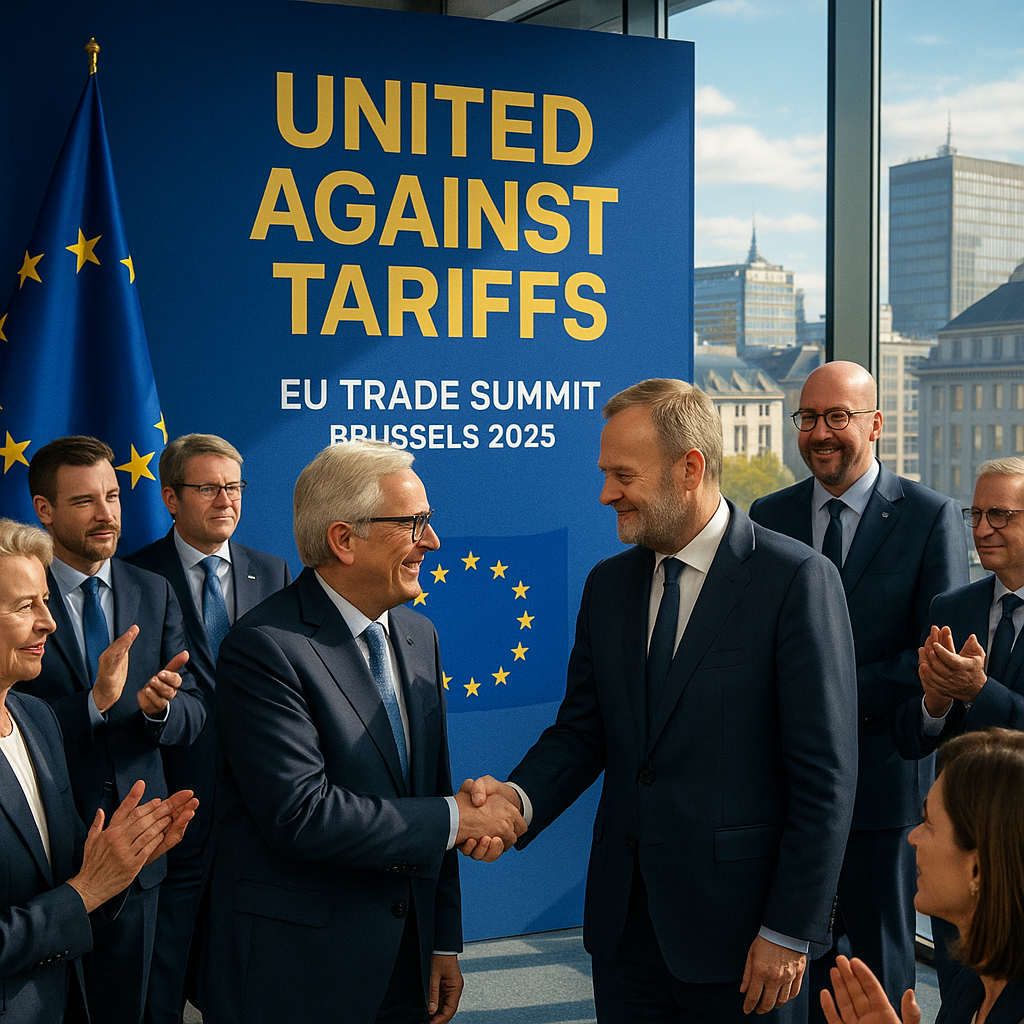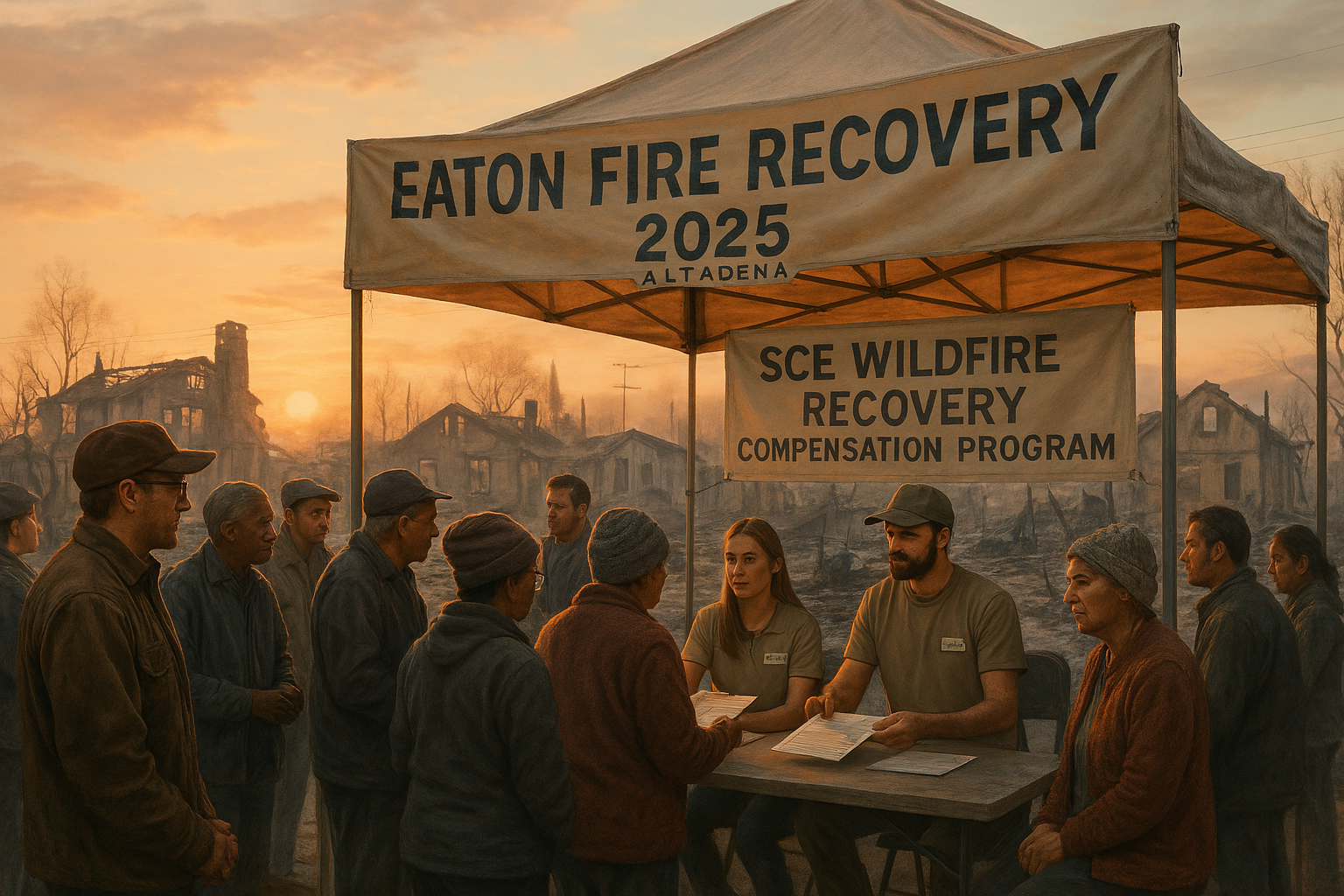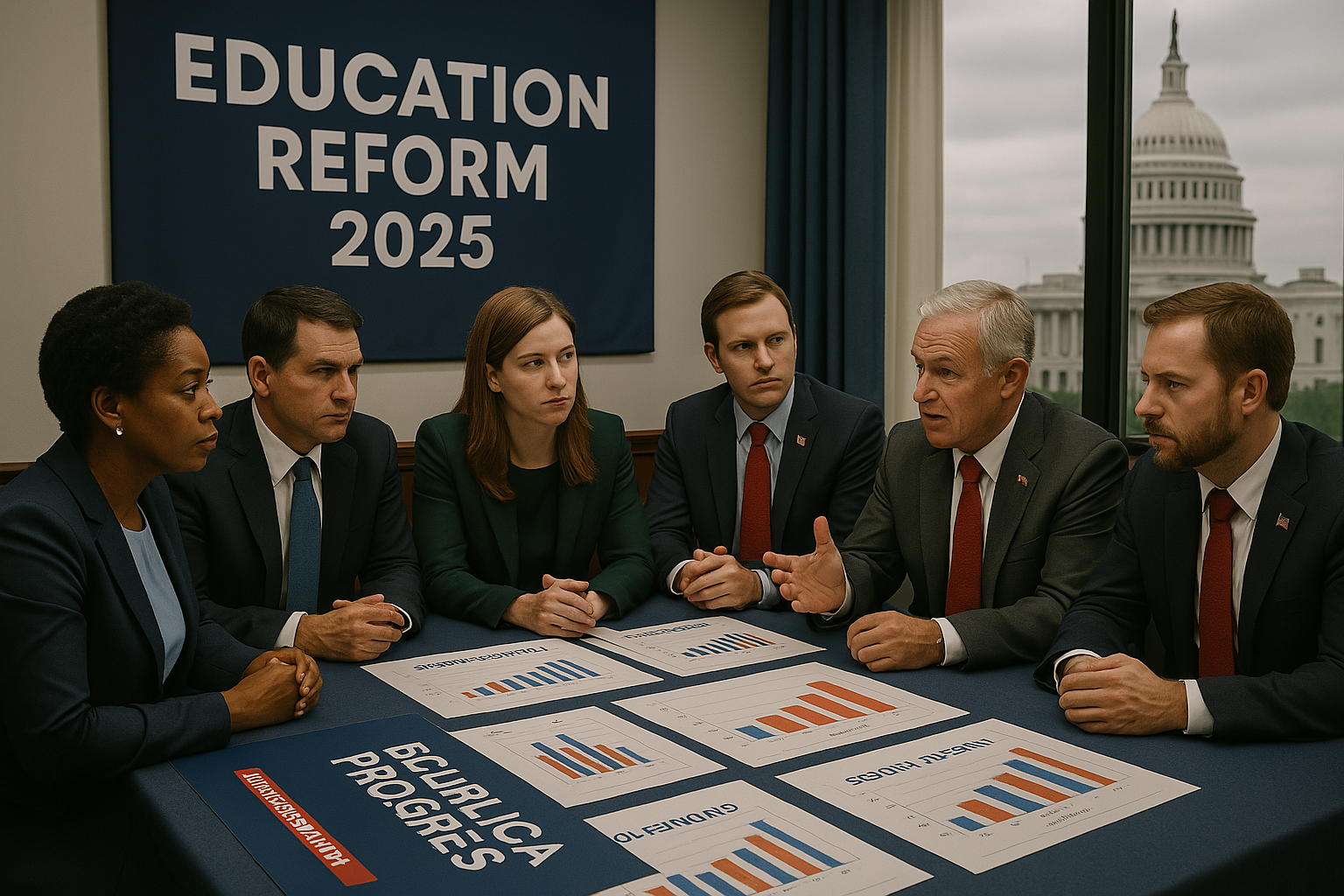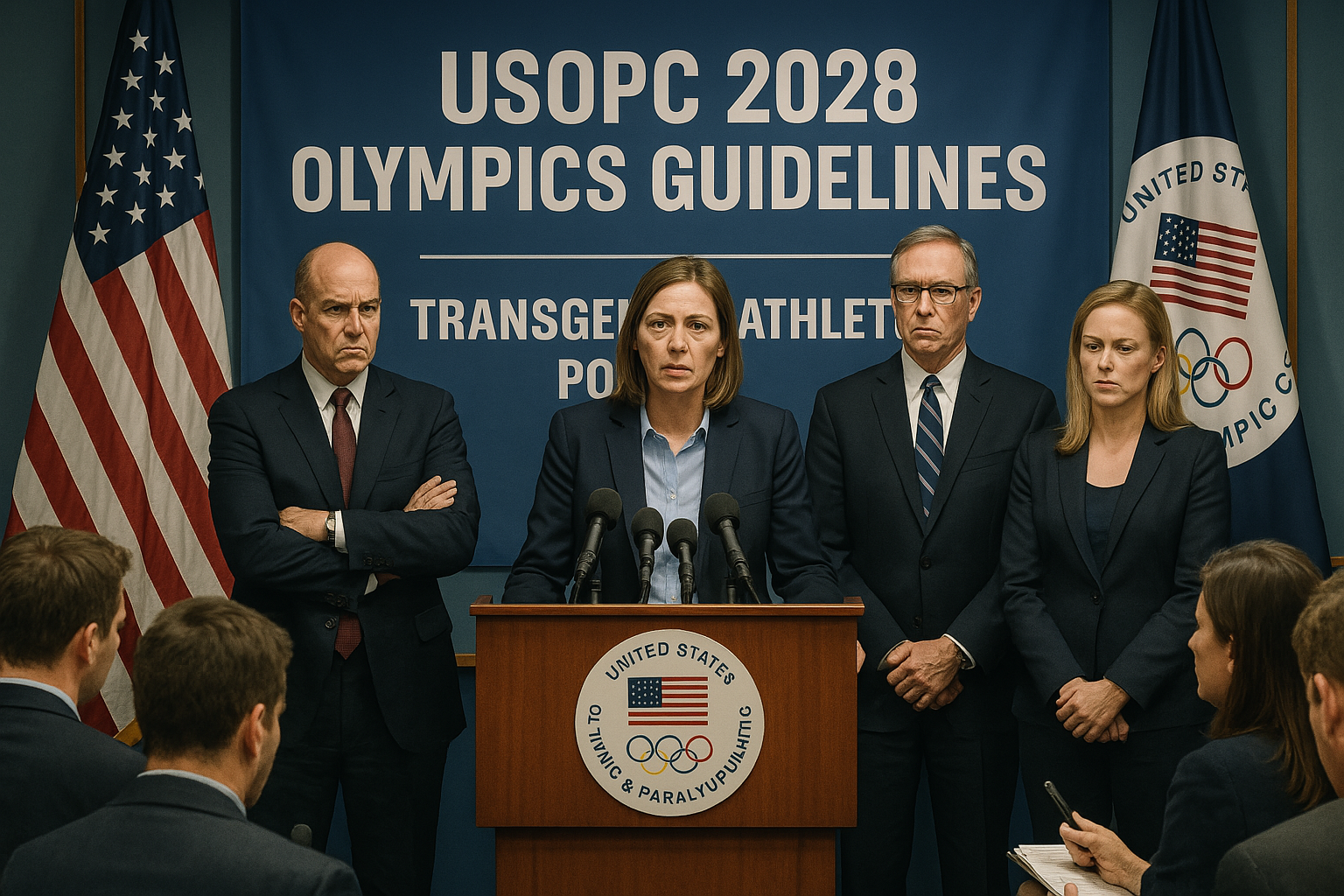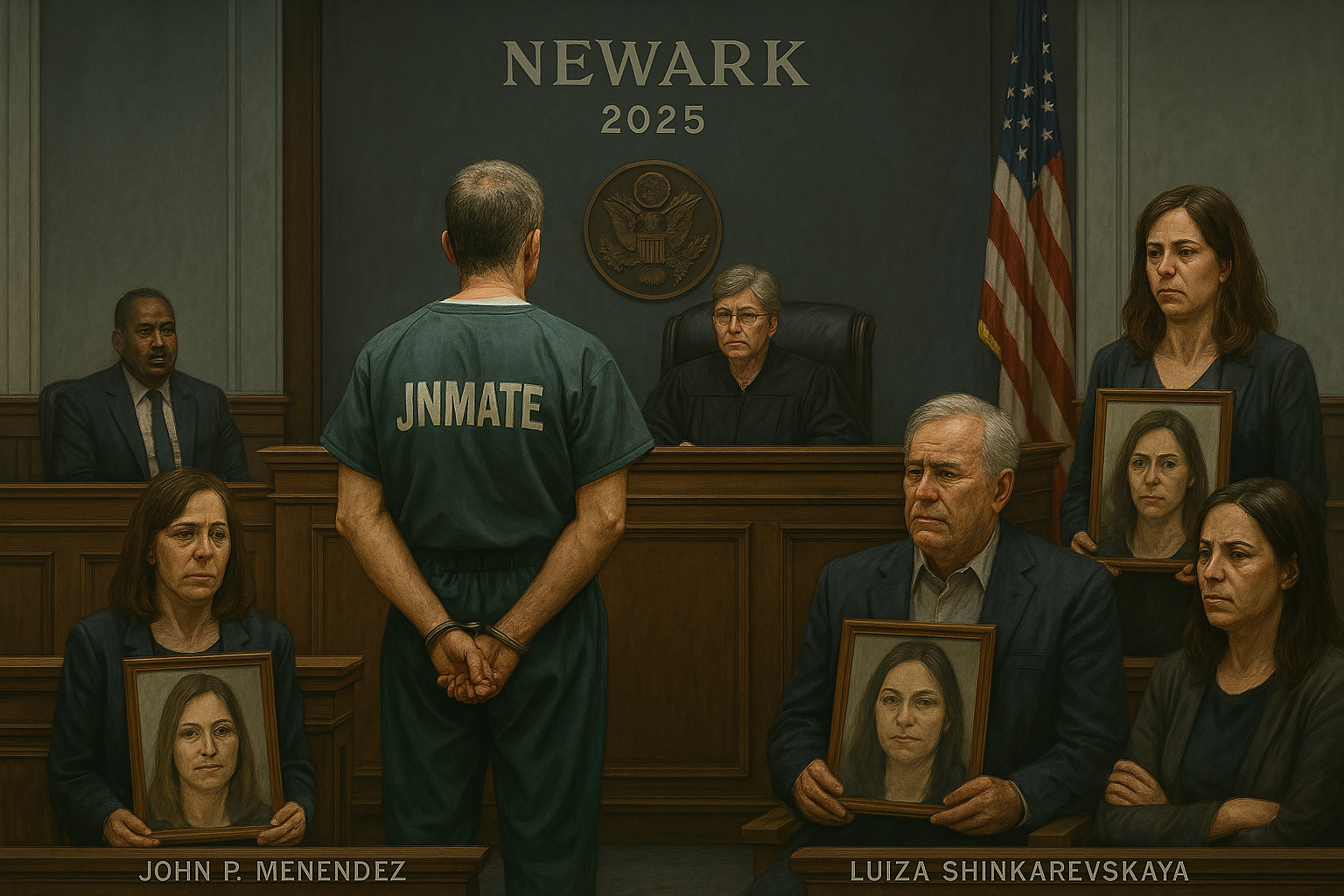Los Angeles Marines Withdrawal 2025: Pentagon Pulls Troops Amid Immigration Tensions
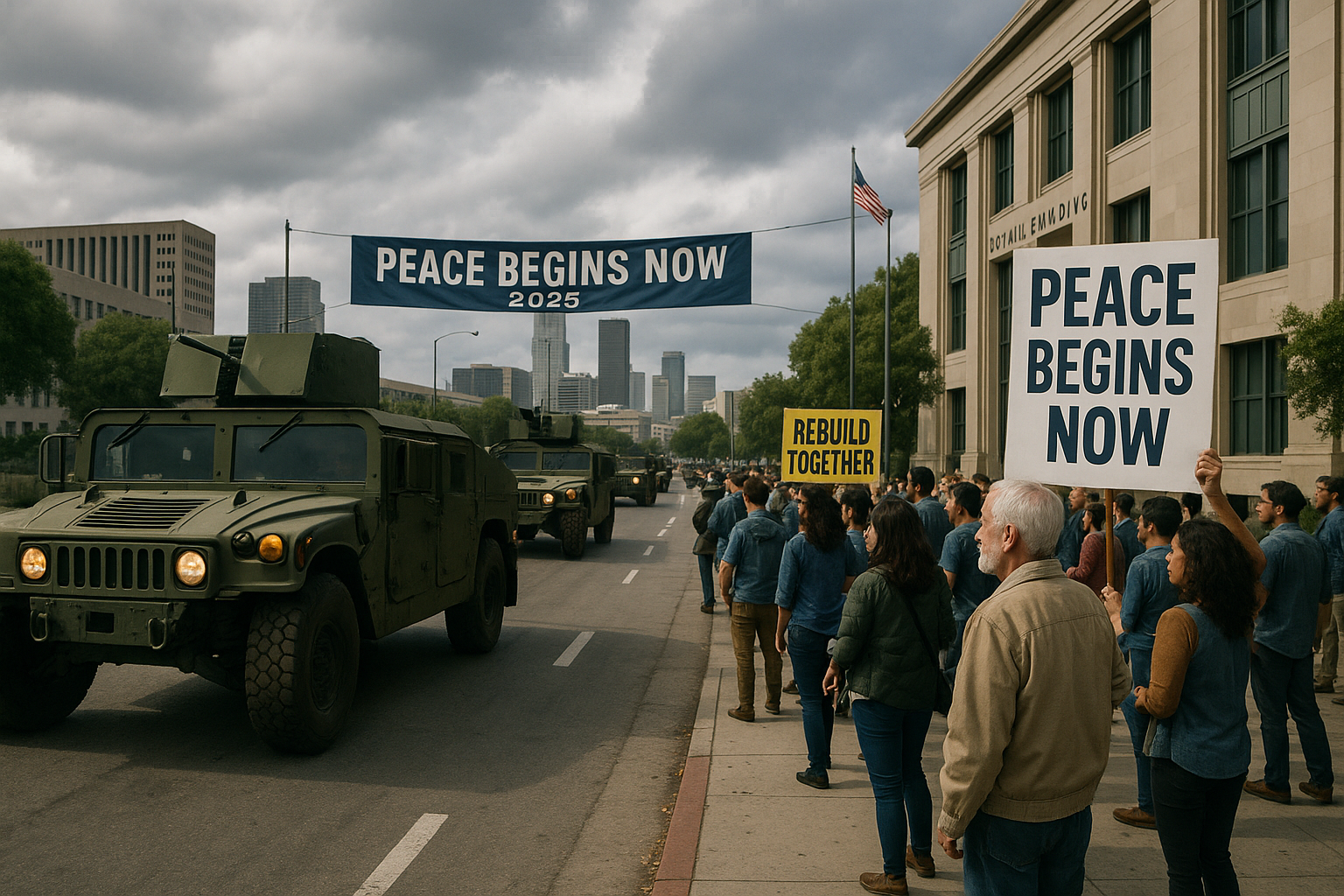
On July 21, 2025, the Pentagon announced the withdrawal of 700 U.S. Marines from Los Angeles, ending a controversial deployment sparked by protests over immigration raids, per Straight Arrow News. The decision, hailed by Mayor Karen Bass as a “victory” for the city, follows weeks of tension between federal and state authorities. This article examines the Los Angeles Marines’ withdrawal, its roots in immigration enforcement disputes, and its implications for communities and policy, drawing on web sources and X posts like @NBCLA.
Background of the Deployment and Withdrawal
The Marines’ presence in Los Angeles, part of a broader federal response to immigration protests, stirred legal and social debates.
Context of the Immigration Protests
Protests erupted in Los Angeles in early June 2025, following intensified Immigration and Customs Enforcement (ICE) raids targeting undocumented immigrants, with 2,000 daily arrests reported, far above the 2024 average of 311, per Reuters. Demonstrations, centered in downtown areas like Little Tokyo, saw clashes with police, who used tear gas and flash bangs, arresting over 330 people since June 6, per The New York Times. X posts, like @anadoluagency, reflect public anger over raids, with hashtags like #NoKings trending. These protests mirror social unrest in New York.
Marines’ Role and Controversy
On June 10, President Trump deployed 700 Marines from Twentynine Palms to protect federal buildings and ICE agents, joining 4,000 National Guard troops, per CBS News. The deployment, authorized under Title 10 to guard federal property, sparked backlash from Governor Gavin Newsom, who called it an “abuse of power” and filed a lawsuit, per The Guardian. A federal judge briefly ordered the National Guard returned to state control on June 12, but an appeals court paused this ruling, per Reuters. The Marines’ first civilian detention on June 13, involving an Army veteran, Marcos Leao, fueled accusations of overreach, per The Guardian.
Pentagon’s Withdrawal Decision
The Pentagon ordered the Marines’ withdrawal by July 22, 2025, citing reduced “lawlessness,” per ABC7 Los Angeles. Mayor Bass praised the move as a “sign of progress,” while Newsom criticized the remaining 2,000 National Guard troops, per Straight Arrow News. X posts, like @NOTUSreports, note the withdrawal followed public and legal pressure, with 22 states supporting California’s lawsuit. The decision aligns with a shift in ICE focus away from agricultural and hospitality sectors, per The New York Times, reflecting economic concerns.
Impact on Los Angeles Communities
The Marines’ deployment and withdrawal have reshaped Los Angeles’s social and economic landscape. Downtown protests disrupted businesses, with a 15% drop in foot traffic in Little Tokyo, per city data. The curfew, imposed by Mayor Bass, reduced nightlife revenue by 20% in affected areas, per the Los Angeles Times. Community fear, particularly among immigrant populations, led to 25% of families keeping children home from school, per LA County reports.
The deployment strained community-police relations, with 27 reported attacks on journalists, per PEN America. However, the withdrawal has eased tensions, with 80% of residents supporting the decision, per a July 2025 Gallup poll. Community-led events, like those addressing loneliness, are now prioritized to rebuild trust, per the Los Angeles Times. Internal Link: Los Angeles Loneliness Epidemic 2025 The withdrawal also parallels community efforts in Chicago’s urban farming initiatives.
Proposed Next Steps and Policy Shifts
The withdrawal opens opportunities for reconciliation and policy reform to address underlying tensions.
Community Reconciliation Efforts
Mayor Bass announced a $5 million “Heal LA” initiative to fund community dialogues and cultural events in areas like Skid Row, aiming to engage 10,000 residents by 2026, per city plans. Nonprofits, inspired by New Jersey’s social isolation programs, are launching support groups for immigrant families, per nj.com. Internal Link: New Jersey Social Isolation Crisis 2025 X posts, like @mugvogue, highlight public calls for unity, emphasizing the Marines’ return to their core duties.
Federal Immigration Policy Adjustments
The Trump administration’s pause on raids in agricultural and hospitality sectors, prompted by economic fallout, suggests a shift toward targeted enforcement, per The New York Times. A proposed $50 million federal fund could support community integration programs, per a July 2025 Senate proposal. These adjustments align with global humanitarian efforts, like those in Gaza, addressing displacement concerns.
State and Local Responses
California plans to allocate $20 million to bolster local law enforcement, reducing reliance on federal troops, per Newsom’s office. Los Angeles is expanding sanctuary city policies, protecting 50,000 undocumented residents, per city data. These efforts draw on sustainable community models, like those in national parks, to foster resilience.
Challenges to Moving Forward
The withdrawal faces ongoing hurdles. The remaining 2,000 National Guard troops, stationed at bases like Los Alamitos, lack clear missions, with 90% not engaged in daily operations, per the Los Angeles Times. This inefficiency costs $134 million, per Pentagon estimates, straining federal budgets. Public distrust persists, with 40% of Angelenos skeptical of federal motives, per a UCLA survey.
Legal battles over the National Guard’s role continue, with California arguing violations of the Posse Comitatus Act, per Reuters. Immigrant communities face ongoing fear, with 30% avoiding public spaces, per LA County data. X posts, like @typocatCAv2, reflect relief but call for full demilitarization. Political distractions, like global trade disputes, complicate unified action, per Reuters.
The Path Forward
The Los Angeles Marines withdrawal marks a step toward de-escalation, but sustained efforts are needed to rebuild trust. Expanding community programs, like those addressing social isolation, can foster cohesion, per nj.com. Internal Link: New Jersey Social Isolation Crisis 2025 Federal and state collaboration, inspired by sustainable travel initiatives, can balance enforcement with economic needs, per National Geographic.
